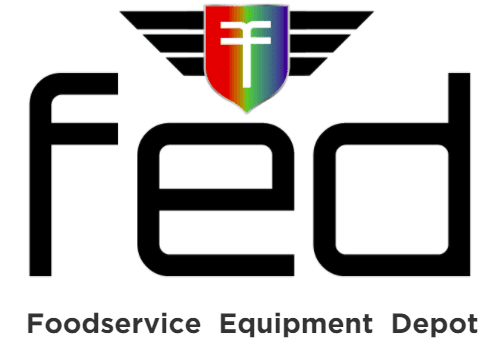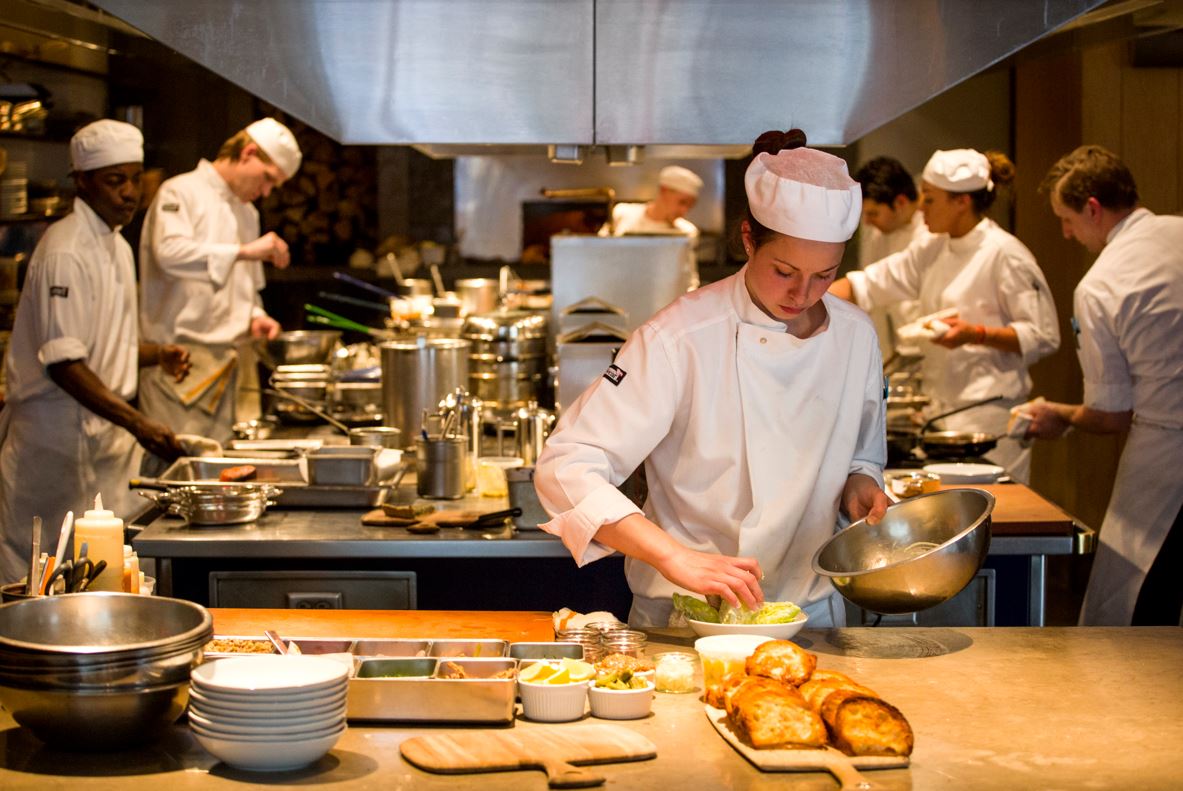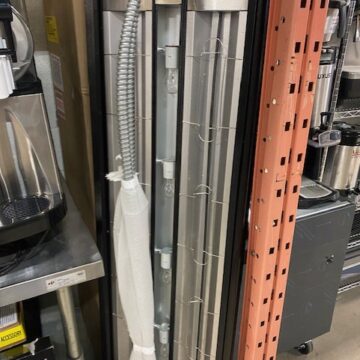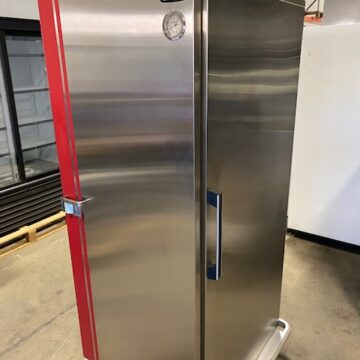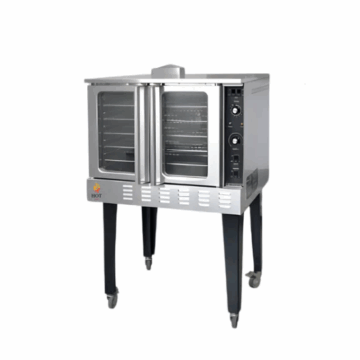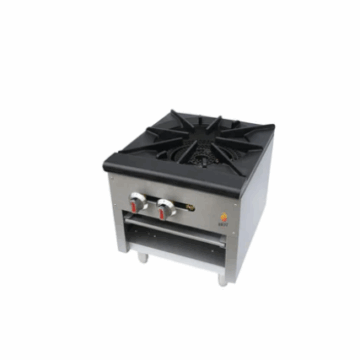In any industry that deals with food, following proper work safety, sanitation, and food handling procedures is crucial to maintaining the quality and safety of the items you serve as well as the health and wellbeing of your staff and clients. The following are important rules to abide by:
Personal Cleanliness:
Before beginning any task that could contaminate their hands, such as handling raw food or using the restroom, employees should always wash their hands thoroughly with soap and warm water.
Managing and Storing Food:
Tongs and cutting boards for raw and cooked food should be kept apart.
Food should be stored at the right temperature to prevent bacteria from growing. Put perishables in the refrigerator right away.
Food should be covered to prevent contamination.
Sort stock so that older things are used first.
Instead of thawing frozen goods at room temperature, use a refrigerator or cold running water.
Sanitation and Cleaning:
Make sure that all surfaces, tools, and utensils used in food preparation are regularly cleaned and sanitized.
Observe appropriate dishwashing practices, which encompass cleaning, discarding, and disinfecting dishes and cutlery.
Put food-safe disinfectants and cleaning supplies to use.
Regularly clean the ceiling, walls, and flooring.
Preventing Cross-Contamination:
To avoid food cross-contamination, use chopping boards with contrasting colors.
Keep ready-to-eat food and raw meats, poultry, and seafood separate.
Educate staff members on the value of avoiding cross-contamination.
Temperature Management:
Make sure food temperatures stay within safe limits by checking and recording them on a regular basis.
Food should be kept cold (below 40°F or 4°C) and hot (beyond 140°F or 60°C).
To confirm temperatures, use food thermometers.
Controlling Food Allergens:
Label foods containing common allergies clearly and keep them apart.
Teach employees to recognize and address queries from customers regarding allergies.
Effectively address customers’ concerns around allergens.
Cooking and Heating Safely:
To destroy dangerous bacteria, cook food to the internal temperatures that are advised.
Warm up any remaining food for at least 15 seconds to 165°F (74°C).
Employee Education:
All staff members should receive thorough training on food safety and cleanliness.
Inform employees on a regular basis about safety rules and best practices.
Ascertain that workers have access to supplies and equipment for safety.
Termite Control:
Put pest prevention measures in place, such as routine inspections, appropriate disposal of garbage, and caulking of entry spots.
When necessary, hire professionals for pest control.
Procedures for Emergencies:
Create and disseminate emergency action plans for situations involving food, such as chemical spills, fires, or outbreaks of foodborne illness.
Safety Tools and Protocols:
Give workers the proper safety gear and instructions on how to utilize it.
Preserve a tidy and secure workplace.
Respect for Regulations:
Make sure you are compliant by keeping up with local, state, and federal food safety requirements.
Maintaining Records:
Keep thorough records of staff training, cleaning schedules, and food temperatures.
Frequent Examinations:
Verify that policies are being followed by conducting self-audits and inspections, and take quick action to resolve any problems that arise.
Interaction:
Promote candid dialogue among employees about occurrences and safety concerns.
Client correspondence:
Inform clients on allergen awareness and procedures for food safety.
Constant Enhancement:
Always evaluate and enhance your food safety and sanitation procedures in light of user feedback, new regulations, and best practices from the sector.
You can help avoid foodborne illnesses, uphold high standards, and guarantee a safe and healthy working environment for your staff by following these recommendations and encouraging a culture of food safety and cleanliness inside your institution.
Purchase All Your Commercial Kitchen Equipment From The FED (Foodservice Equipment Depot)
Explore our diverse selection of high-quality commercial kitchen equipment for all your culinary needs. Enjoy a seamless online ordering experience, ensuring fast and frictionless access to professional-grade food service equipment. Shop at our Restaurant Supply Online Store.
